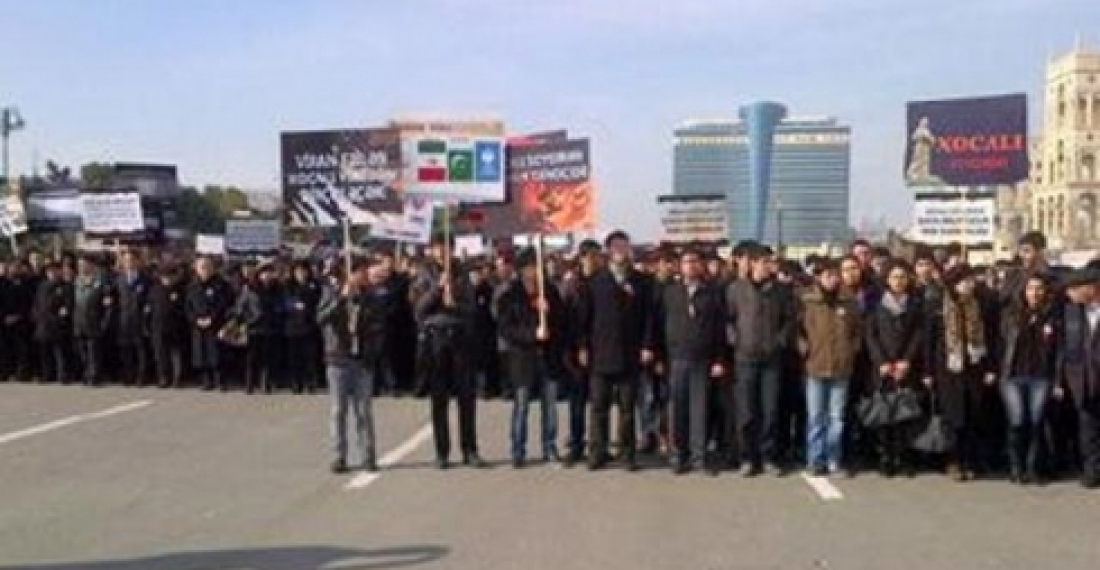26 February is the anniversary of another sad day in the recent history of the Caucasus. Twenty years ago around four hundred Azerbaijanis were killed as they were fleeing the town of Khojali that was under attack by Armenian forces.
The writer Tom du Waal, author of the book on the Karabakh conflict "The Black Garden" decribes it as the worst episode of the Armenian-Azerbaijani conflict over Nagorno-Karabakh and adds:
"On the bitterly cold morning of February 26, 1992, more than 400 Azerbaijanis fleeing the town were killed by Armenian soldiers or paramilitary fighters. The victims included military personnel but the great majority of them were civilians. The killings were documented in detail by journalists at the time and later by the human rights organizations Human Rights Watch and Memorial.
For Azerbaijanis, the Khojali killings have become a touchstone for their losses in the Karabakh conflict. As the symbol of a national tragedy, they are marked with even greater ceremony each year, although some of these commemorations seem inappropriate to an outsider, such as when schoolchildren are shown pictures of dead bodies.Needless to say, for the Armenian side, this is a difficult topic. They suffered their own losses at the hands of Azerbaijanis during the conflict. Simultaneously with the killings at Khojali, (a town Armenians called Khojalu) Azerbaijani rockets were falling on the town of Stepanakert killing Armenian civilians. But, keen to minimize their own acts of aggression, many Armenians have sought to deny that their soldiers killed civilians that day."
The President of Azerbaijan Ilham Aliyev and First Lady Mehriban Aliyeva this morning visited the Khojaly monument in Baku to pay tribute to the victims of Khojaly massacre. Thousands of people marched from Baku Port to the monument. Azerbaijani communities overseas have also been marking the event.
source: commonspace.eu with www.carnegieendowment.org and APA
picture: A March from Baku port to the Khojali Monument on the 20th anniversary of the massacre. (picture courtesy of news.az)







